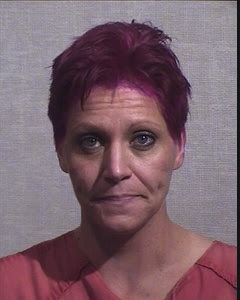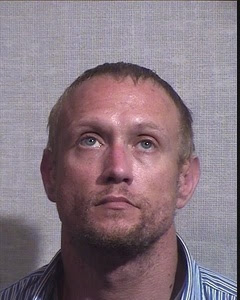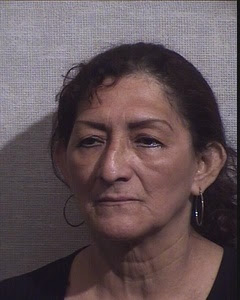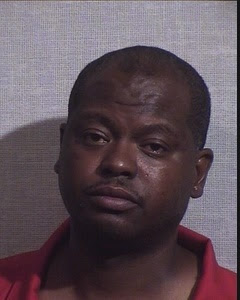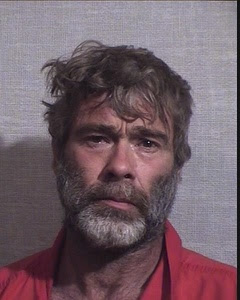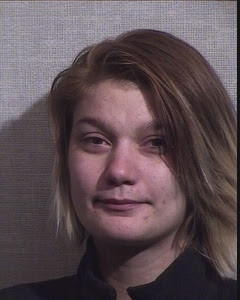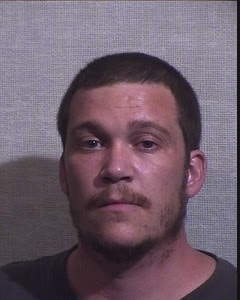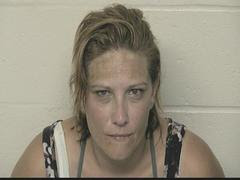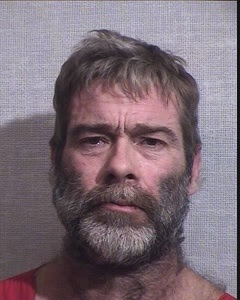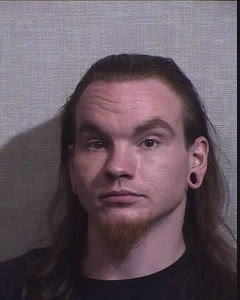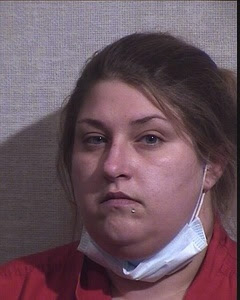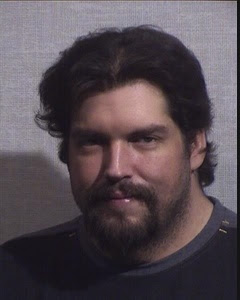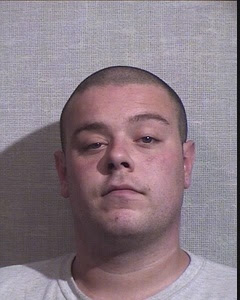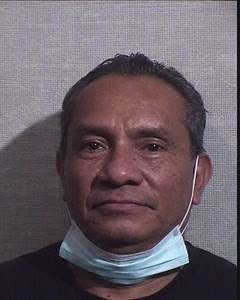A fair without cotton candy, popcorn and hot dogs?
The coronavirus has upended much of normal life, and the county fair isn’t to be excluded. However, it will go in this summer.
The Washington County 4-H Council along with the Purdue Extension Office has decided to hold an in-person fair at the Washington County Fairgrounds on July 5-10.
This depends on if Gov. Eric Holcomb has moved Indiana to Stage 5 by July 4.
However, there will be no rides, no vendors, and no commercial exhibits and no open class entries.
“We wanted the kids to exhibit their projects and be able to show their animals,” said Megan Broughton, Purdue Extension Educator on WSLM’s Coffee Club program Friday morning. “We’re hoping to be able to do all of that.”
She said the timing was based on the governor’s plan of being at Stage 5 on July 4.
“If for any reason we don’t make it there, we will have to go virtual….which we don’t want to do,” she said. “So we’re going to do everything we can to have it in person. There will be no rides, no vendors, and no business exhibits.”
Cheryl Lee, President of the Washington County Farmers-Merchants Fair Board said earlier in May that the traditional fair would be canceled for the year.
Broughton isn’t encouraging the general public to attend, although friends and family of 4-H members could be involved to watch the shows and see projects.
“I don’t want to sound rude in saying this, but this isn’t a public type event,” Broughton said. “We want friends and families to come and watch the kids….but we have a lot of guidelines and the more people that are up there, the harder it will be for us to follow these guidelines. We literally have to track every single person that comes to the fairgrounds.”
She said not only would temperatures have to be taken of all people on the fairgrounds property during the fair, but names of those there would be recorded.
“We have to give that information to the health department so they can do their tracing,” Broughton said, in case there was a case of Covid-19 reported.
“We’re going to live stream all of our shows, so people at home will have the opportunity to watch the shows without being up there,” she said. “It’s not going to be a big public event. We just want to give the kids the chance to show their animals.”
Broughton said the animals will come to the fairgrounds in the morning and 4-Hers would prepare for a show.
“They will show that afternoon or evening and then they will go home. Then the next group of animals will come the next day,” she said.
She said those attended and participating would have to abide by the six-foot social distancing rule and wear masks.
“We will be in the 4-H building and the livestock barns,” she said.
And the annual auction will be attempted.
“We are planning on having the 4-H auction,” said Broughton.
“We talked to some buyers earlier. We were unsure. The buyers we spoke to said they were planning on coming and planning on buying animals. We wanted to provide that to the kids”
Broughton said the auction will be different from normal years.
“The animals won’t be there. It will be on Friday, July 10. It will be a premium-only auction. They won’t be buying the animals,” said Broughton. “We talked to all the locker plants and they’re full. They’re not taking appointments.”
The auction will be in-person unless there is a reason that can’t happen.
The Washington County Fair was scheduled for June 13-20 with a kick-off parade on June 7th.
Gov. Holcomb said earlier in his stages of Indiana’s Back on Track plan that no Indiana fairs could happen before July 4.
Washington County along with 17 other county fairs had to be canceled or moved.
The Lawrence County 4H Fair has been moved to a virtual event.
“This was a painstaking, humble decision as we recognize youth and their families have experienced a great deal of disappointment in 2020,” said Lesley Lodmell Extension Educator- 4-H and Youth Development.
“After reviewing Indiana Back on Track Plan, additional exhibition and safety requirements from Indiana 4-H, and undergoing multiple meetings reviewing information, we did not feel we could still provide the same positive youth experience we all enjoy. Our council did not make this decision lightly and want to ensure a positive youth experience and safety.”
Lodmell says 4-H members will have a new opportunity to practice creativity and mastery while they prove their resilience.
4-H members will receive information in the coming weeks on how the virtual fair will work.
“We are determined to recognize 10-year members and graduating seniors,” Lodmell added.
“For other awards, we will be respectful of the current economic situation in our community and are looking at a ribbon-only fair. Decisions about the Livestock Auction will be made by the Auction Committee and communicated as we know more.”







